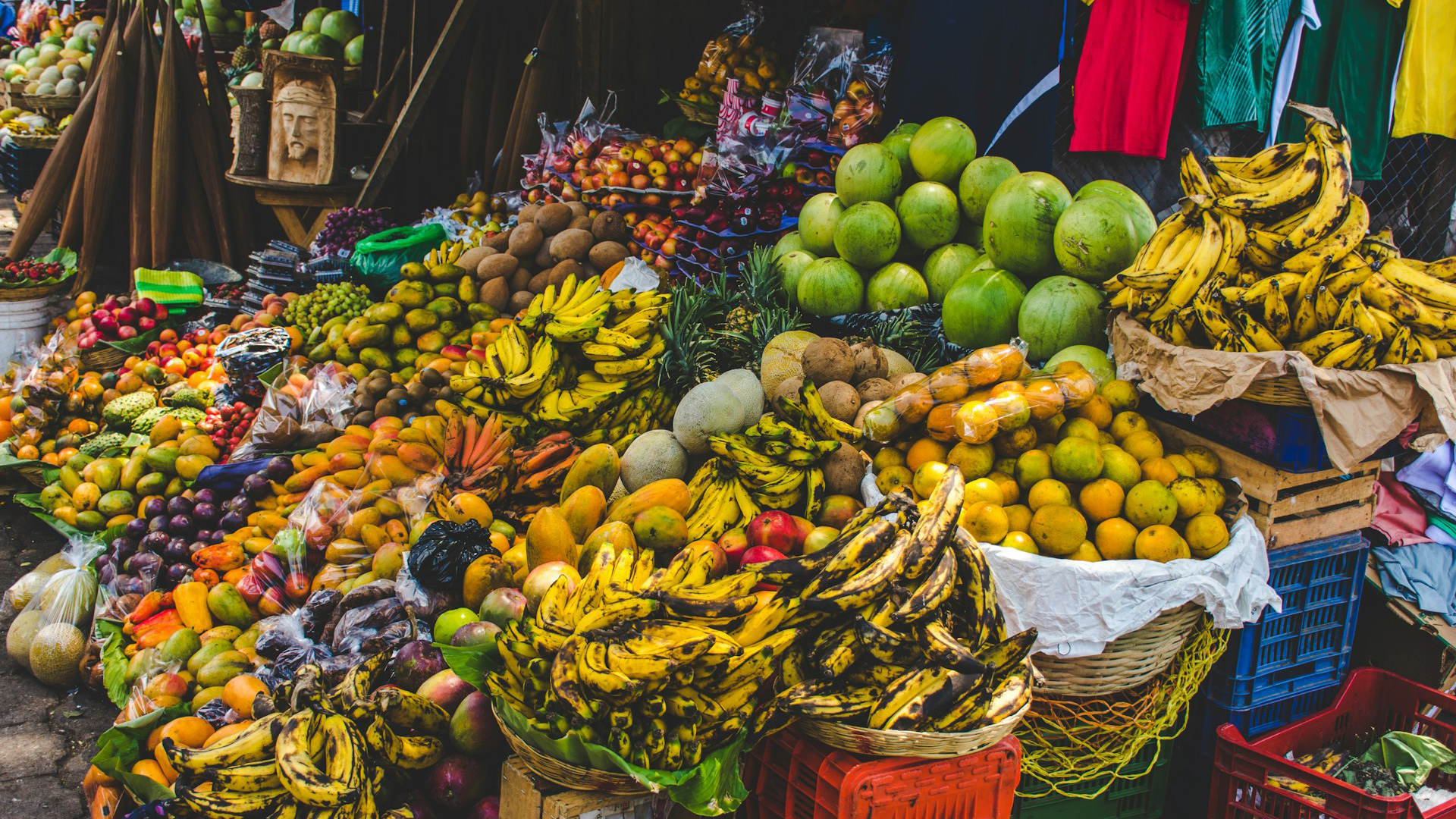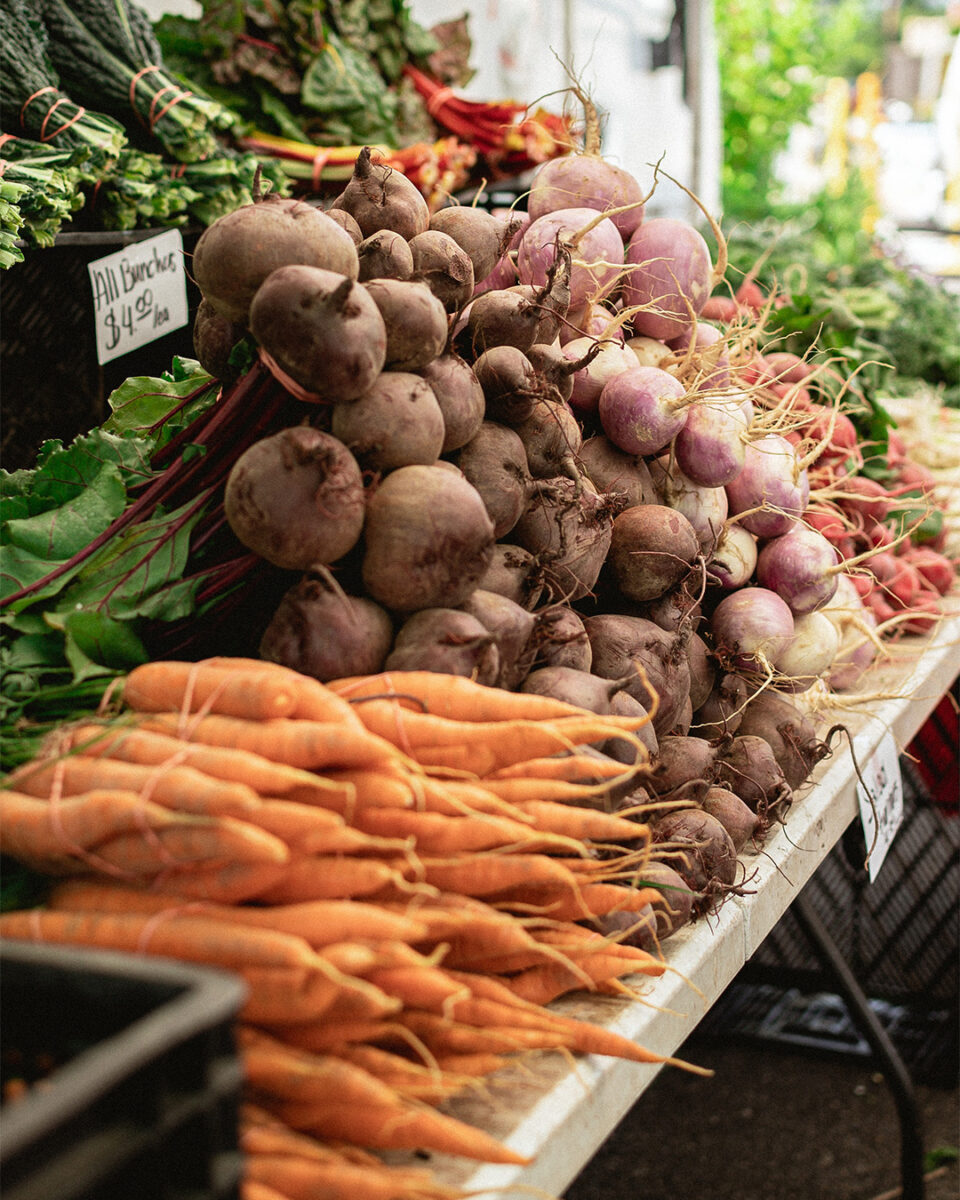The Importance of Small Farms
Small farms, offering benefits beyond their size, play a pivotal role in cultivating a sustainable future for agriculture.

Small farms, offering benefits beyond their size, play a pivotal role in cultivating a sustainable future for agriculture.

Small farms are very important in our communities and play a vital role by significantly contributing to local economies, promoting biodiversity, and ensuring food security. Often overshadowed by large industrial operations, these smaller farms offer a multitude of benefits that extend far beyond their size. We will be diving into how small farms are beneficial to us all and how we can support the growth of this practice.


The local food system plays a pivotal role in fostering community well-being and environmental sustainability. When consumers choose locally sourced produce, they actively contribute to the local economy by supporting small farms. Additionally, the consumption of local food promotes a more direct and transparent supply chain, reducing the carbon footprint associated with long-distance transportation.
Beyond economic and environmental advantages, there are substantial health benefits to consuming locally-grown food. Freshness is a key factor; local produce is often harvested at its peak ripeness, retaining more nutrients compared to items that are imported, as those would have to be transported over long distances before they get to the consumer. This not only enhances the flavor but also ensures a higher nutritional value in the food we consume.
Moreover, local food fosters a sense of connection between producers and consumers. Knowing where your food comes from builds trust and community ties. Farmers’ markets and community-supported agriculture programs create opportunities for face-to-face interactions, enabling consumers to learn about farming practices, ask questions, and develop a deeper appreciation for the effort behind their meals.
Biodiversity conservation and sustainable agricultural practices are significantly impacted positively by the practice of small-scale farms. Unlike large monoculture operations, small farms often embrace diverse crops and integrated farming systems. This diversity helps create resilient ecosystems, reducing the risk of crop failure due to pests or diseases.
Furthermore, small farms are more inclined to employ sustainable practices like organic farming, agroforestry, and rotational grazing. These methods promote soil health, reduce the need for synthetic inputs, and mitigate environmental degradation. The use of cover crops and the incorporation of natural habitats within farming landscapes also contribute to maintaining healthy ecosystems.
By supporting small farms that prioritize biodiversity and sustainability, consumers become active participants in preserving our planet’s ecological balance. The adoption of such practices on a larger scale can pave the way for a more resilient and environmentally conscious agricultural industry.

Empowering and sustaining small farms in your community involves conscious choices and active engagement. One effective way to support local agriculture is by participating in farmers’ markets or community-supported agriculture (CSA) programs. These platforms provide direct connections between consumers and farmers, ensuring that a higher percentage of the consumer’s expenditure goes directly to the producers.
Another avenue is to advocate for policies that favor local and small-scale agriculture. This involves supporting initiatives that ensure fair pricing, minimize bureaucratic barriers, and offer financial incentives for sustainable farming. By creating an environment conducive to the growth of small farms, we can support the livelihoods of these important contributors to our food systems and promote sustainable agriculture.
Educating oneself and others about the benefits of locally grown food is also crucial. Sharing knowledge about the environmental, economic, and health advantages fosters a greater understanding of the importance of supporting local agriculture. Additionally, choosing restaurants and grocery stores that prioritize locally sourced ingredients helps create demand, encouraging more businesses to collaborate with small farms.
In essence, supporting locally grown food requires a multifaceted approach involving personal choices, community initiatives, and advocacy for policies that strengthen the foundations of small-scale agriculture.
Small farms are crucial contributors to sustainability, local economies, and healthier ecosystems. Beyond agriculture, they foster environmental stewardship and community ties. Supporting local produce, farmers’ markets, and sustainable policies empower individuals to shape a resilient and interconnected food system.
These farms, as guardians of biodiversity, play a pivotal role in cultivating a sustainable future for agriculture. Recognizing their significance is a shared responsibility, fostering a commitment to a nourishing and sustainable future for all.